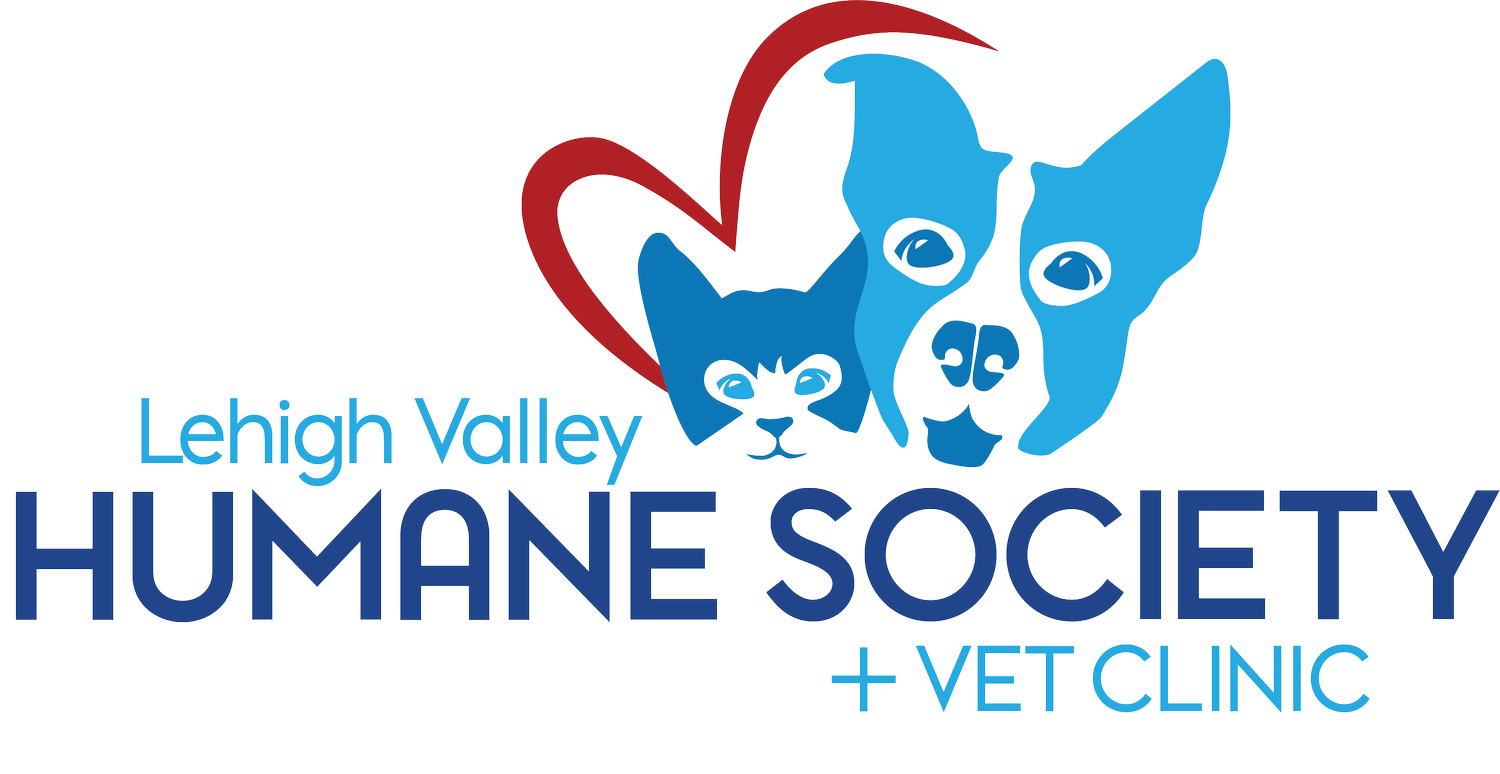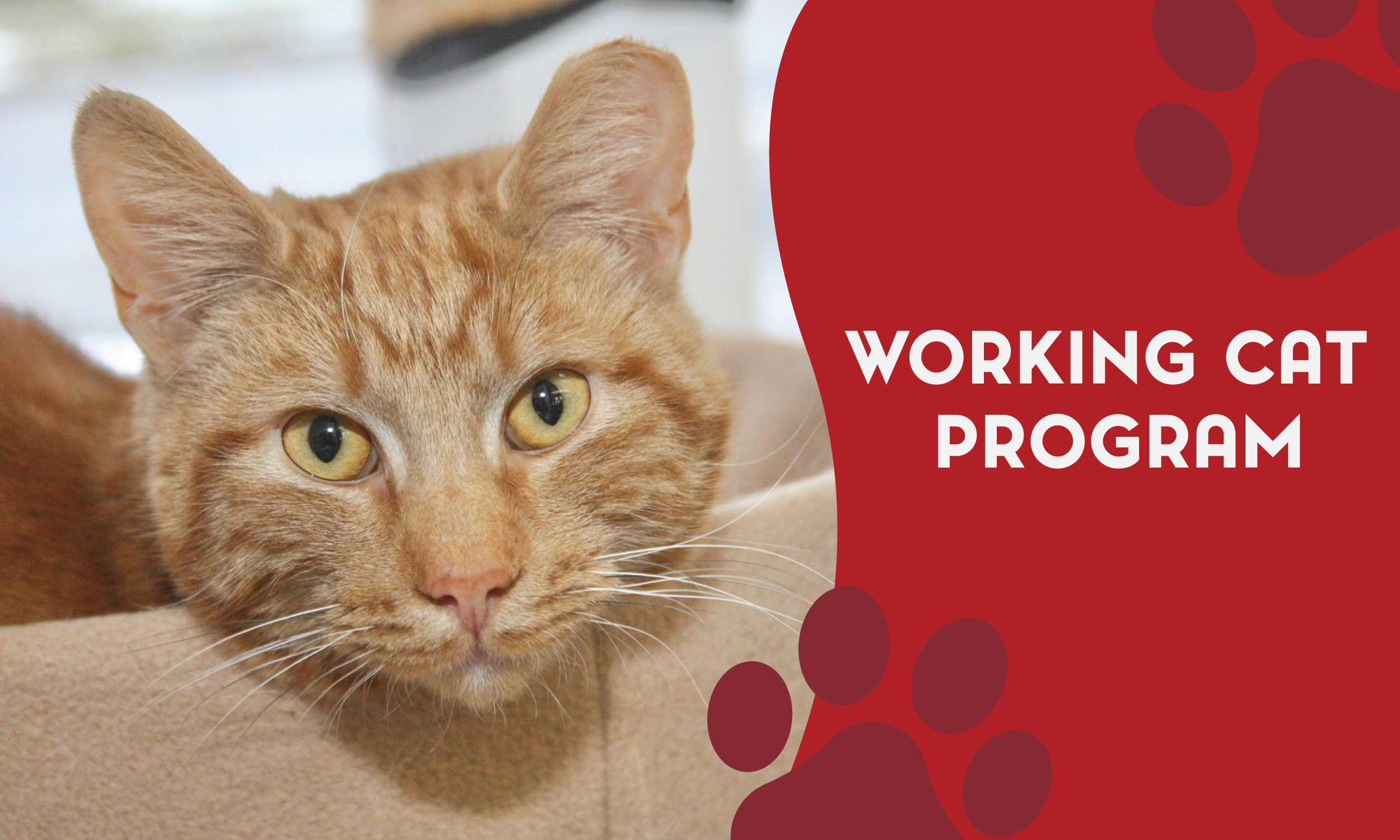LVHS Working Cat Program
While the LVHS does not condone the relocation, there are circumstances that prevent some community cats from being released into their original neighborhoods. These feline friends are not interested in being housecats but that makes them perfect candidates for the Working Cat Program. Apply for a working cat below.
About Working Cats
Commonly known as a “barn cat,” a working cat is usually quite independent. Often, their behaviors are not suited for a traditional adoptive home. They lack socialization and prefer little to no human contact.
Working cats offer an environmentally safe alternative to poisonous pest controls. While most are natural hunters, no one cannot guarantee they are good hunters that will catch rodents, but we do know they are pretty good at making a difference in rodent control in most situations.
Working cats can be placed in barns, greenhouses, plant nurseries, stables, warehouses, stores, or any business looking for inexpensive and effective rodent control. It needs to be a safe, dry, warm location with a caregiver that provides food, water, and proper care. These cats cannot survive on mousing alone. Adequate food and fresh water must be provided daily.
Two working cats are better than one! Some cats prefer a one-cat home, but cats like the company of other cats for the most part. We have found that an “only cat” becomes a “lonely cat” when it is relocated to a new environment and may leave in search of another place to “hang its hat.” We want the cat to stay in its new home, out of harm’s way, with people that care about cats. The move will be less traumatic, and adjustment to their new home is easier if they have the security of a trusted companion.
Ideal Locations for Working Cats:
Warehouses
Junkyards
Auto repair shops
Woodworking shops
Wineries
Stables
Grain handling facilities
Greenhouses / Nurseries / Garden Centers
Churches
Storage facilities

